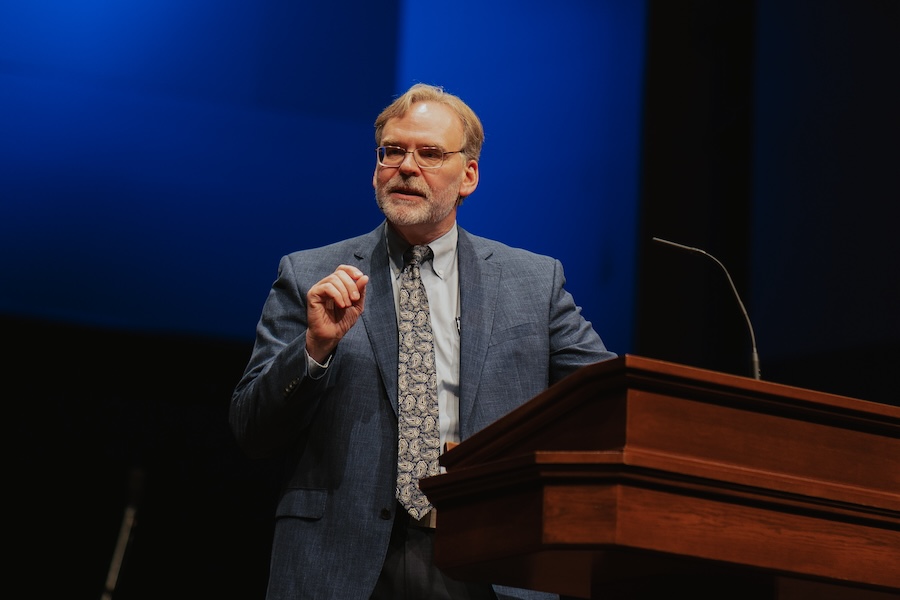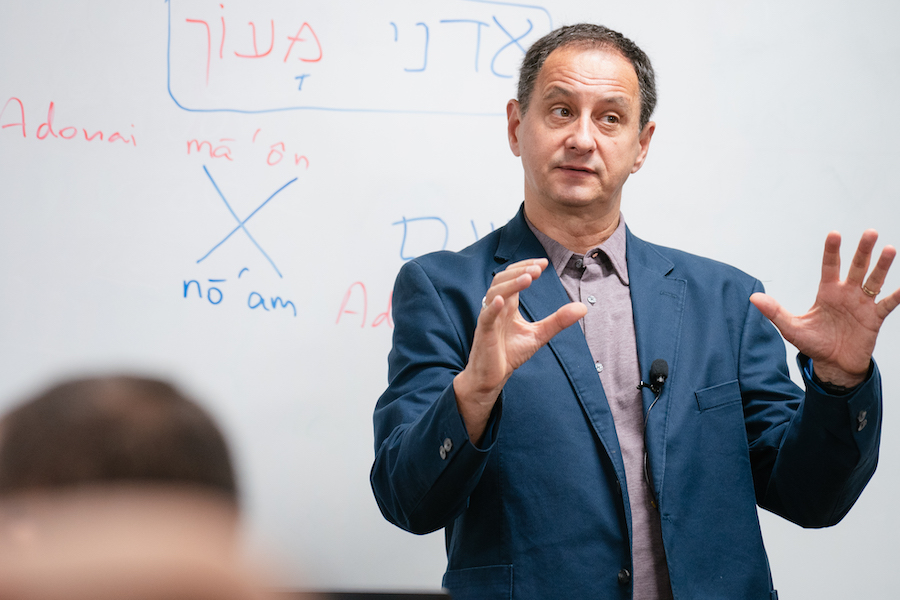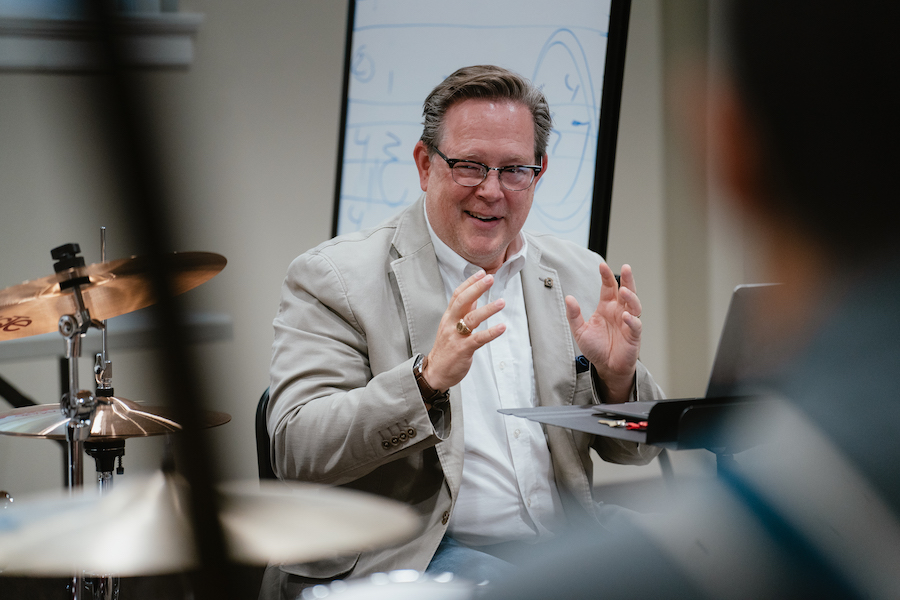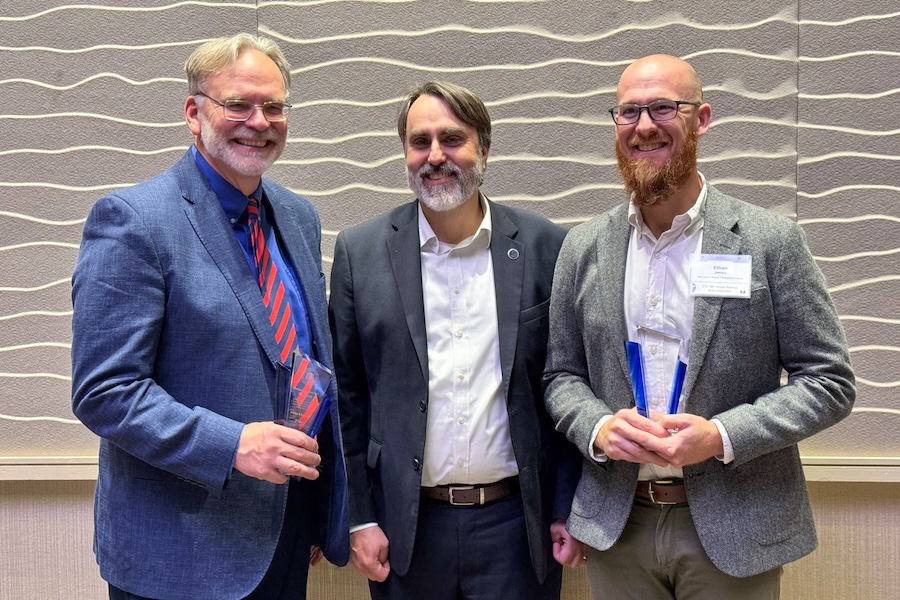How seminary prepared me for the mission field

I remember two things after graduating college and looking toward the mission field. The first is that many times I asked a pastor, church planter, or missionary if seminary was actually helpful for their work, and they would answer along the lines of, “Not too much.” This often led to a follow-up question: “Would you do it again?” And the short answer was usually, “Yes.” However, because of the ambivalent responses, I avoided seminary. I believe there were many underlying hang-ups and assumptions, both in my questions and in the answers I received. For my part, at the time, I was very concerned about accumulating knowledge of Scripture but my lack of ability to engage in serving others. I wanted to grow in “character and community” and thought this would clash with seminary and degree achievement. “Community” (a word very much in the evangelical Zeitgeist of the early 2000s) meant dealing with serving others and growing in maturity in Christ as is revealed in the unity of His people. I thought seminary of any kind, not to mention the “traditional” routes, would add to my head, neglect the heart, and do nothing to gain ministry skills for my hands. However, I found the opposite in how life would unfold.
I did end up at seminary, enthusiastically, but not for the classes. When my now wife and I were engaged, she was already pursuing her master’s degree in New Orleans, and I joined her there. As time went on, we both sensed that we needed to begin the process of heading overseas. I began to take a few classes, loving the time but feeling timid about diving in too much. As we continued to interview with the International Mission Board, I received the advice that I could take the bare minimum graduate hours (which was my intent) or, better, get at least a Master of Arts in Missiology (about 65 hours as opposed to a Master of Divinity, which is 88 hours or more). This advice was along with the wisdom that you never know how life will go. You could end up back in America because of a sickness or a crisis, and it was better to have a degree. I don’t know precisely why I dove into getting that M.A. Maybe I had gained some humility from being married and having some more real responsibility on my shoulders. Whatever it was, it was the right way forward.
Even if my theological education ended with the M.A., I had already learned the lesson that getting more education did not prevent a life of trusting the Lord, whether financially or spiritually. Seminary did not prevent service or care of others but aided in delving deep into relationships and ministry. The mentorship, both in the local church and in school, challenged and refined me. Our time in school forced us to trust in the Lord that our monthly bills would be covered, we could feed ourselves, and that tuition would be paid on time. When tires went flat, when family emergencies arose, or when sickness did not allow for enough hours worked, we had to lean hard on the Lord’s faithfulness and our brothers and sisters in Christ. This alone was fantastic preparation for the mission field.
However, as we headed to the field, I was still concerned classes would be of no help on the mission field. When we arrived, this turned out not to be the case. The area that mattered the most, and what I had wished more of, was time spent growing in exegesis. From hermeneutics to practical mission courses, the opportunity to delve time and again into Scripture produced abundant dividends. All Scripture is imperative for missions, both theologically and missiologically but also practically. All exegesis is inherently diving into a foreign land among a foreign people. Through time in concerted, accountable, and deep study of Scripture, I better understood biases, saw local contexts through local eyes, and asked questions, and listened to answers, that gave cultural clarity. This was because I was trained repeatedly to investigate from the text outward, whether it be Genesis 12:1-3, Acts 17, or Revelation 7:9-14.
As years went by, the Lord made clear more about why He sent us overseas. One of those reasons was to see how He makes His church obey the Great Commission no matter their origins. In seeing Han Chinese believers traverse ethnic tensions and cultural disparities to engage in missions, I felt the call to mobilize and teach missions both to non-Westerners and Westerners. In hearing this call, I saw clearly that focused study and research were required for usefulness and understanding. This is where a Doctor of Philosophy degree came into my life, and thank the Lord, I at least had that M.A. Though I needed to gain tens of more graduate hours, all of which blessed my work overseas, ultimately, I needed an M.Div. equivalency to head into research while on the field. In retrospect, I would have taken the time for a full M.Div., irrespective of further academic work or not. After taking those courses I found myself sitting across from a hadji, a Muslim who has been to Mecca on hajj. Because of taking biblical languages I was able to explain that the Old Testament did not name Muhammad in a passage from Isaiah 42:1. Rather the Hebrew word my friend pointed to was a verb, not a proper name despite what he had been told.
My journey in graduate-level work was a seven-year process, most of which was spent while serving overseas. I would not trade a millisecond of that time for anything. What we learned, both in intellect and, more importantly, in obedience to the Lord leaves me flabbergasted. It blesses my family and my walk with the Lord every day. The IMB candidate consultant was right; I did not know what the Lord would do or what life would throw at me. However, looking back I did not take his advice far enough.
Michael Copeland is the associate director of the World Missions Center and assistant professor of missions at Southwestern Baptist Theological Seminary.



